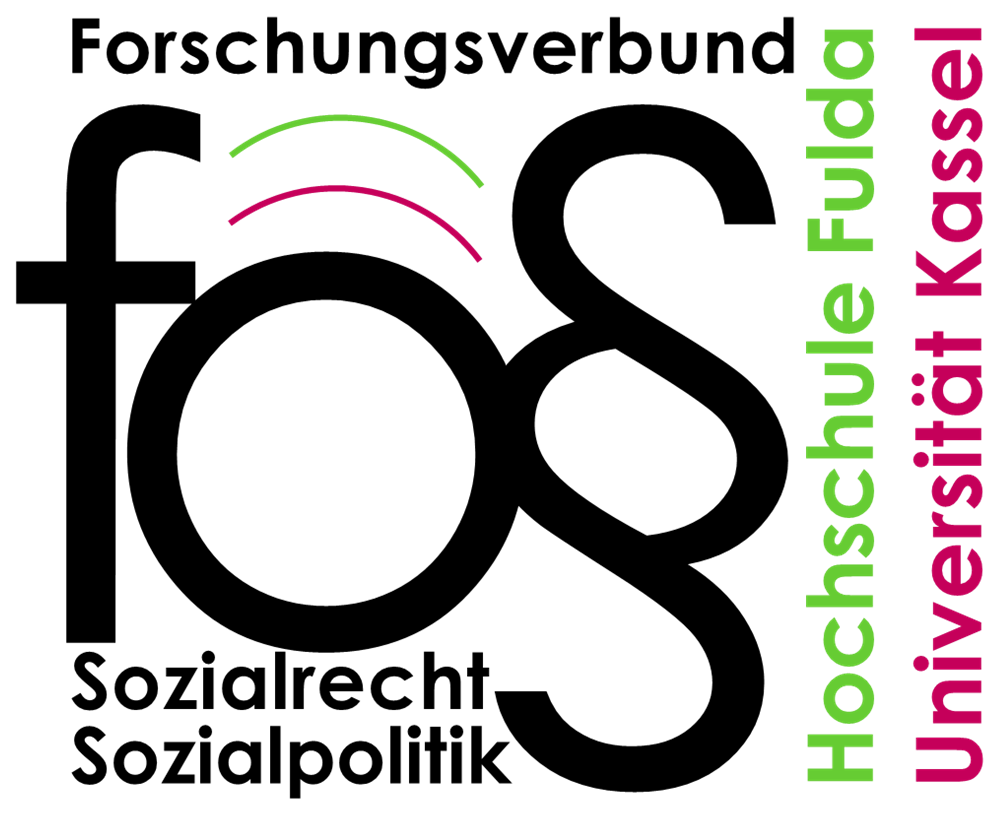JUST
Just and sustainable transformation. Gerechte und nachhaltige Transformation.
In the 2020s, the world is in upheaval. The climate crisis demands a rapid ecological transformation of an already socially polarized society. The tension between the necessary ecological transformation, the strengthening of social standards and the reduction of growing inequality is politically challenging, and its analysis is a scientific desideratum. Within the framework of the Kassel Institute for Sustainability, the University of Kassel has therefore decided to provide graduate funding for four research assistants who will address these pressing issues. These researchers are working together in the research network "JUST. Just and sustainable transformation".
Building on this support, a graduate school is currently established with twelve doctoral fellowships and one postdoctoral position with funding from the Hans Böckler Foundation.
Developing solutions to conflicting goals
The transformation to a sustainable way of doing business, working and living calls for research that identifies conflicting goals and offers approaches to solving them, while at the same time elaborating the complementarity of a participatory social and ecological transformation. The challenge for social actors in this transformation is to recognize the frictions between social and ecological sustainability goals and to deal with them in a democratic process.
Transdisciplinary studies based on the UN Sustainable Development Goals (SDGs)
The United Nations Sustainable Development Goals (SDGs) are the global document of such a strategy, which will be investigated from a transdisciplinary perspective in the graduate programme. The implementation of this 2030 Agenda requires addressing multiple trade-offs not only between environmental and social, but also between cultural, economic, and institutional transformation goals.
In the graduate school, the conflicting goals and complementarities are examined in four problem areas:
1. socio-ecological sustainability through transformative education.
2. socio-ecological accessibility using the example of urban open space planning
3. the importance of diversity and inclusion for sustainable businesses and supply chains
By interweaving transdisciplinary approaches from social sciences, law, economics, education, industrial psychology and planning science with a participatory research approach, the graduate programme aims at conceptual and empirical insights of transformation research as well as application-oriented practical research.


